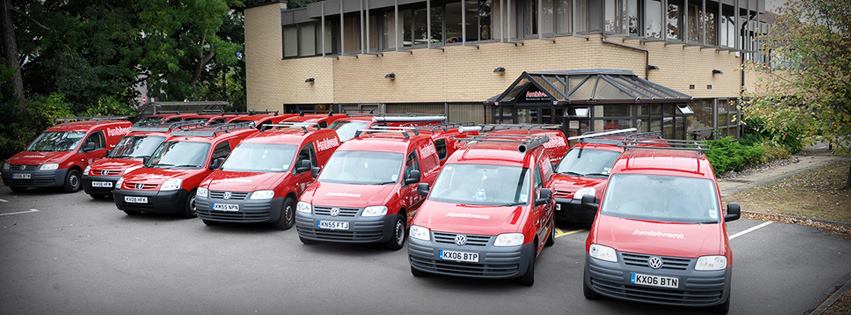The term Facilities Management is often described as the process of delivering support services for businesses. The primary objective is to ensure business premises and other assets are fit for purpose so that the company can achieve its strategic goals effectively and with as little disruption as possible.
Facilities management plays a key role in businesses of all sizes and ensures premises are safe, secure, and meet all legal requirements. By ensuring premises and assets are safe and suitable for workplace applications, businesses can operate more productively and efficiently. However, there are also many other benefits of undertaking regular facilities management.
A facilities manager will typically be involved with both strategic and operational planning. Regular facilities management helps organisations to reach their strategic goals as well as support the day-to-day running of facilities and provide guidance on operational decision-making. For example, facilities managers can help allocate tasks depending on the level of priority and mitigate any risks.
In many cases, facilities management is concerned with the general maintenance of building premises, repair of electrical systems, plumbing, heating, cleaning, security, and numerous other services to keep buildings in working order and ensure the wellbeing of those who work in them. Some organisations operate an in-house facilities management function, while others may rely on an outsourced solution — or even a mixture of the two.
Why Businesses Need Regular Facilities Management
Regular facilities management is crucial if a business is to continue operating safely and without lengthy disruption. There are several advantages to regular facilities management processes. These are outlined below in further detail:
Reduce costs — Regular maintenance of buildings and other vital assets prevents larger problems from occurring in the future, helping to limit costs. The ongoing upkeep of electrics, plumbing, air conditioning, and other fixtures and fittings alongside the physical fabric of the building will prevent a large outlay on repairs or replacements further down the line.
Avoid outages/downtime — Facilities management ensures businesses can continue operating when they need to. The regular maintenance of facilities and assets means the business can operate continually without any lengthy downtime, boosting competitiveness and performance.
Employee wellbeing — A key focus of facilities management is the well-being of employees who work within buildings. Regular maintenance and upkeep can reduce staff turnover, improve attendance rates, cut sickness, and improve mental health. Both physical (Hard Facilities Management) and internal services (Soft Facilities Management) have a role to play.
Boost productivity — Well-maintained premises give employees the environment they need to flourish in the workplace. Examples include regular cleaning, washroom services, supply of equipment, and more. This can all have an impact on productivity and motivation, helping to increase business performance and boost sales.
Legal requirements — Legislation states that buildings and other assets must be maintained to a particular standard. Facilities Management assists businesses to meet their legal obligations in terms of health and safety and environmental factors. Well-maintained properties prevent injuries, reduce the risk from fire, and are more secure.
Facilities Management Services in Northampton
Ambivent Facilities Management Ltd based in Northampton, provides comprehensive facilities management services, including maintenance of heating, air conditioning, electrics, ventilation, and more. Get in touch with us for more information today.

